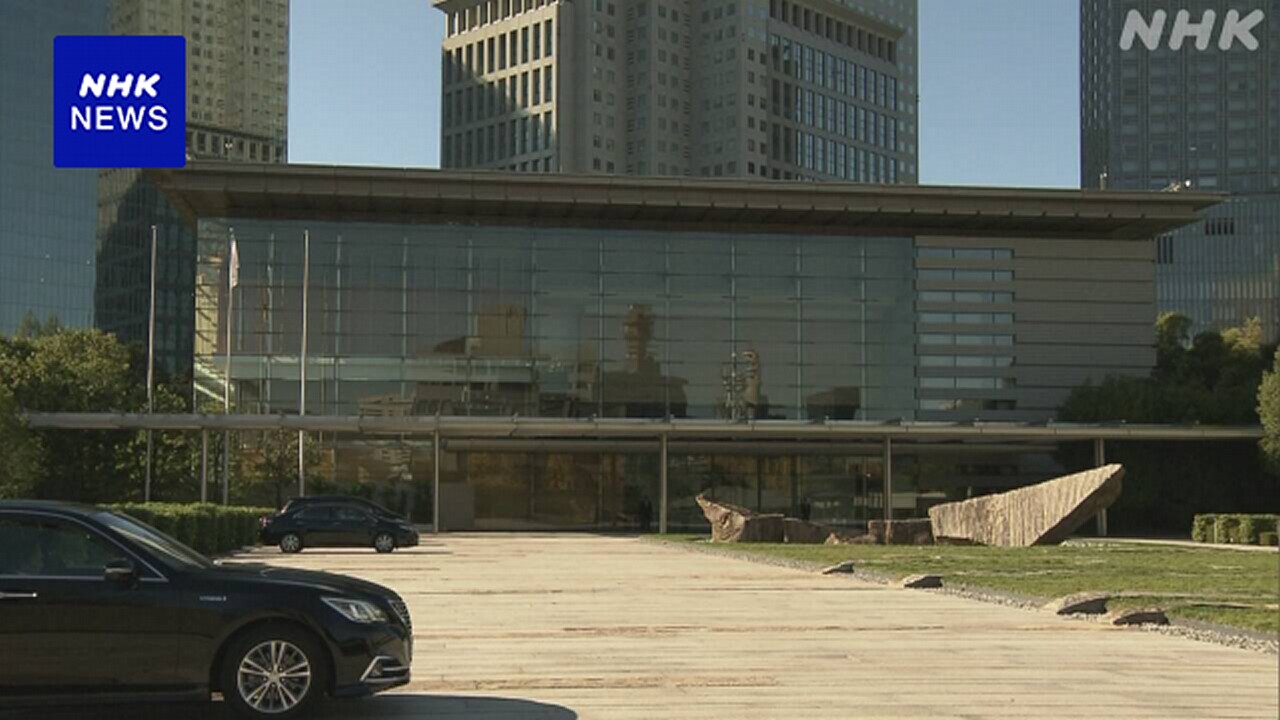This fiscal year, the government plans to review the Basic Energy Plan, which serves as a guideline for medium- to long-term energy policy. As balancing decarbonization and energy security becomes an issue, the focus is on how to set goals for the power mix from 2035 onwards, including nuclear power generation, which the country aims to make maximum use of.
The Basic Energy Plan serves as a guideline for the country's medium- to long-term energy policy and is reviewed approximately once every three years, and the government will begin serious discussions on the review this fiscal year.
The issues facing the review include realizing the government's goal of reducing greenhouse gas emissions to virtually zero by 2050, and ensuring a stable supply of energy, which has been shaken by factors such as Russia's invasion of Ukraine.
The focus of formulating a new plan is how to set a target for the power mix from 2035 onward.Although the government aims to maximize its use as a baseload power source, it currently accounts for just over 5% of total power generation. Major topics on the agenda include the positioning of nuclear power generation, and measures to expand the introduction of renewable energies such as solar and wind power generation, where technological innovation is progressing.
Furthermore, discussions are expected to take place, including whether to reduce thermal power generation, which accounts for approximately 70% of electricity generation.
Among these, in the area of nuclear power generation, the government and TEPCO are actively moving toward restarting the Tokyo Electric Power Company's Kashiwazaki-Kariwa Nuclear Power Plant in Niigata Prefecture, and the future of discussions regarding these moves will be watched closely.

